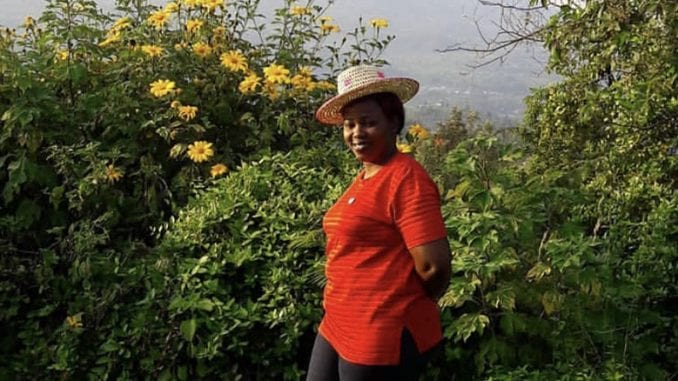
We chat with Rwanda’s first female barista and trainer of many of the country’s baristas.
BY ERIKA KOSS
SPECIAL TO BARISTA MAGAZINE ONLINE
Photos courtesy of Erika Koss and Perpetue Mukamusinga
In the latest issue of Barista Magazine, we feature on our cover Smayah Uwajeneza, whose exceptional accomplishments in coffee include winning her first coffee competition—the East African AeroPress Championship in Nairobi—as well as earning a 2018 LEAD Scholarship and being one of the five original Rwandan baristas trained at Question Café’s SCA-certified training lab in 2016.
But who trained Smayah, and helped pave a path for her to attain such triumphs?
Many of us in coffee attribute our success to myriad people and partners; however, when it comes to Rwandan coffee, it may be said that Perpetue Mukamusinga—“Queen P” as she is known to many in Rwandan specialty coffee—is the singular influence for coffee professionals there. Perpetue began her coffee career in 2008 as Rwanda’s first female barista, and within a decade, had trained more than 500 baristas in Rwanda. Perpetue is also the recipient of the Nestle Professional Scholarship, which will cover her expenses to attend Barista Camp in Greece for the first time ever this year.
Here, we feature a two-part conversation conducted this past June with Perpetue, during the Let’s Talk Coffee conference in Kigali hosted by Sustainable Growers.
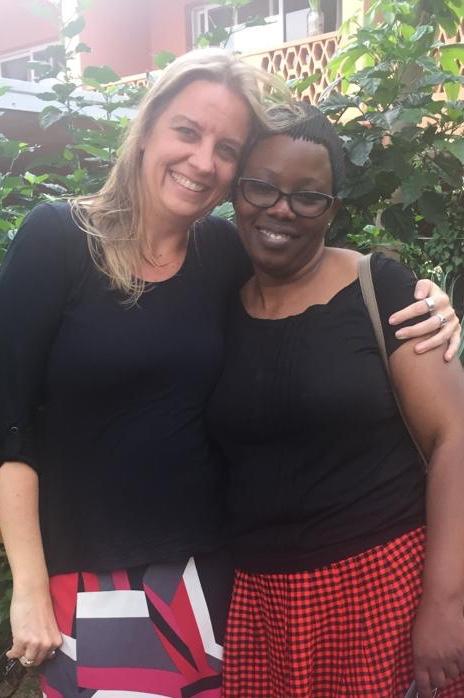
Erika Koss: Perpetue, it is always such a pleasure to return to Rwanda, especially when I get to spend time with you! Let me set the stage for readers who have yet to visit Kigali: The city continues to rise in global acclaim as a place that attracts world leaders and international visitors. This notoriety includes a focus in the city on superb Rwandan coffee, welcoming cafés, and coffee tourism—but things were not always this way.
Was your family always involved in coffee?
Perpetue Mukamusinga: No, both my father and mother were teachers, and my father worked for the Ministry of Agriculture. But all my family—my parents, my four siblings, my aunts, my uncles—passed away in the genocide.
Even though it was 25 years ago, that 1994 genocide changed Rwanda and its people in so many heartbreaking ways.
Yes, after I graduated from high school, I had to support my grandmother and her sister, because there was no other family to care for them. That was what led me to apply to Bourbon Coffee; I needed a job to support them.
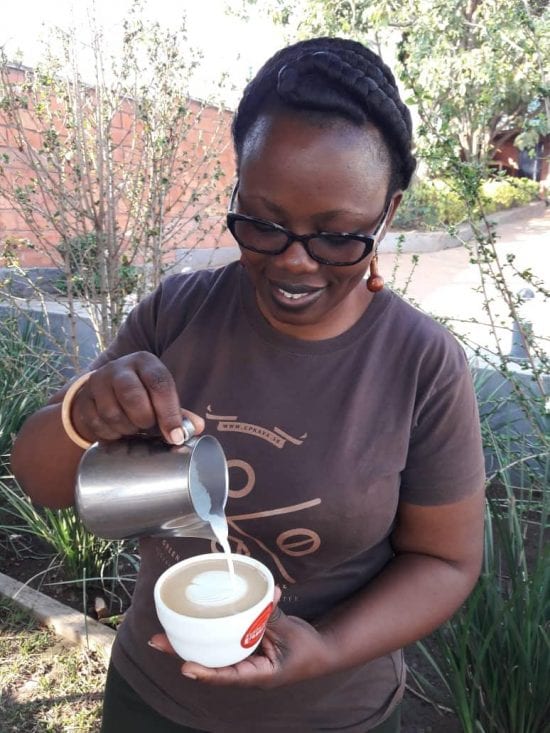
I’d love to hear the story of how you became the first female barista in the “Land of a Thousand Hills.”
I applied to work at Bourbon Coffee in 2008. At that time, they were the only coffee shop in the whole country, and the Intercontinental (now the Serena) was the only hotel that had an espresso machine. The first Bourbon café had five male baristas, and I became the first woman barista. Now, we have more than 100 cafés in Rwanda, with more than 500 baristas!
Did you originally apply as a barista?
No, I applied as a cashier. No women ever applied to be baristas, because women never thought they could be baristas.
Why was there such a division of labor between men and women as baristas?
It was just the culture. There was an idea that the job was too hard, for women to stand all day and make drinks. But after I got the job as a cashier, I started to think, how can I inspire other young girls? Because as women, we can do everything! So why can’t we be baristas?
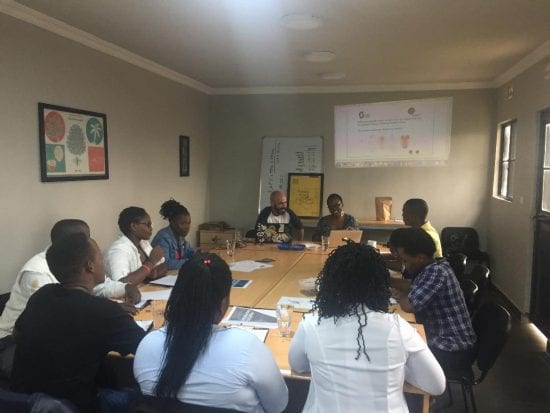
So given these barriers, how did you move from cashier to barista?
After two weeks of seeing the baristas making beverages, I wanted that job. So I asked the operation manager, “I would like to join that team, how can I join them?” He said, “That job is for the boys.” And I told him, “I’m strong enough; please give me a chance.” So after a management meeting, he shared what I said to everyone, and then later he told me they decided to give me one month of training, as a trial. So they moved me from cashier to barista.
How did the male baristas respond to that?
Four of them didn’t like it at all, but two of them supported me. But I worked harder than all of them, and even watched a lot of videos on the internet. When we had a competition at the end of the month, I scored the highest on my exam—higher than all of the men.
We will continue the conversation with Perpetue next week on Barista Magazine Online.
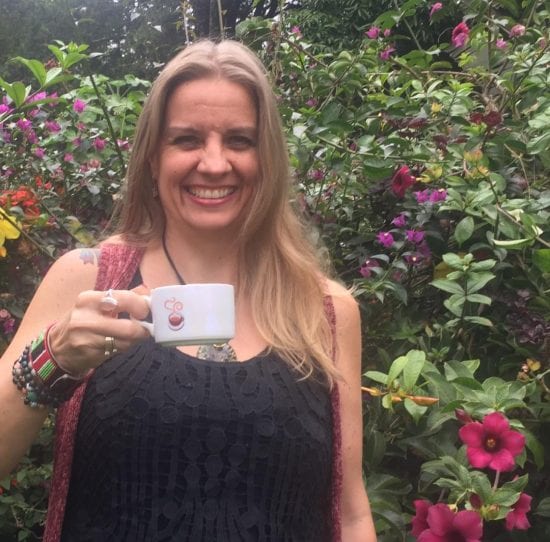
ABOUT THE AUTHOR:
Erika Koss’ coffee career began in 1995 as a barista in San Diego. Now living in Nairobi, Kenya, she is a Research Associate at the University of Nairobi, a Ph.D. candidate in International Development Studies at Saint Mary’s University in Halifax, Nova Scotia, and an Authorized SCA Trainer. Follow her on Instagram @aworldinyourcup.

